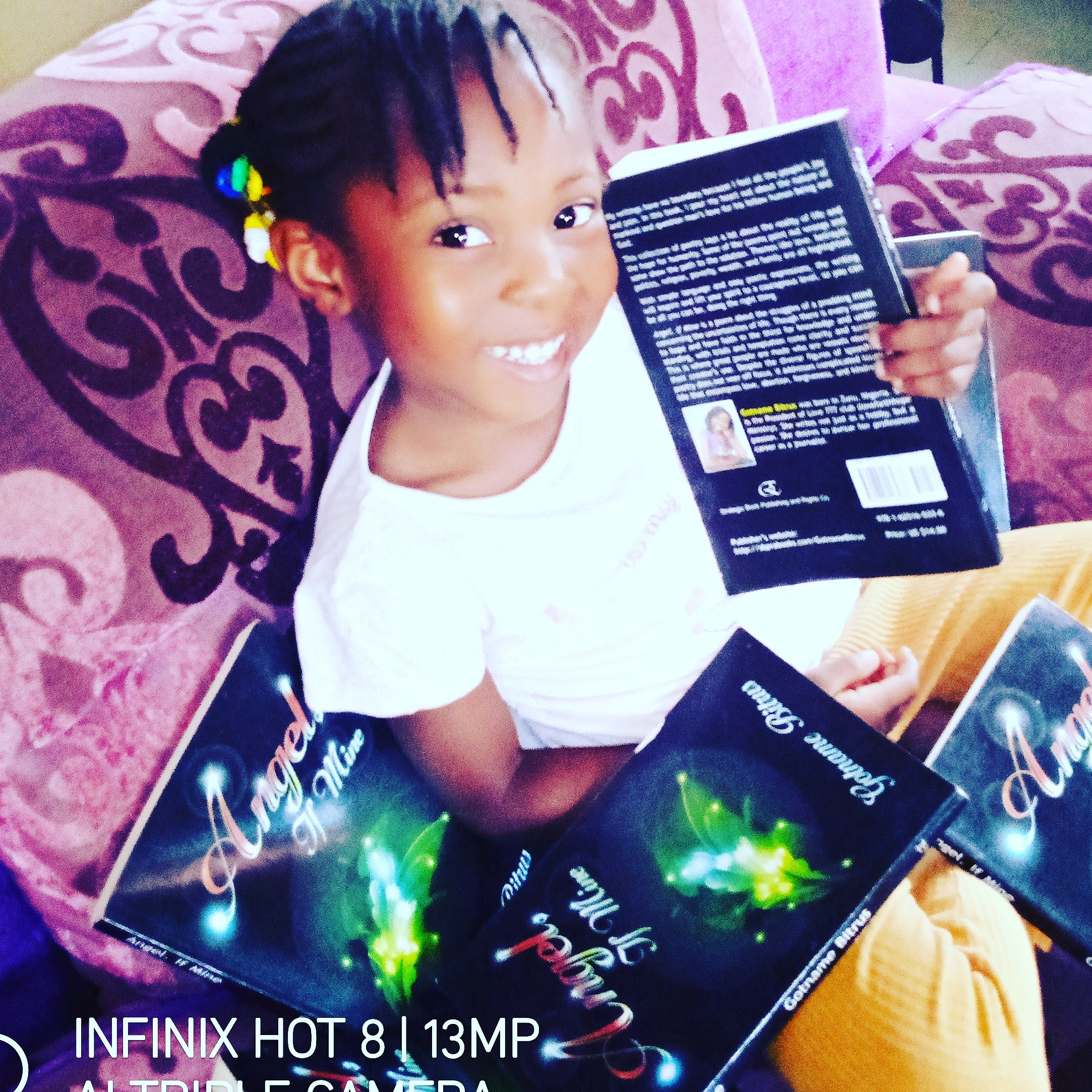The Power of Words: How Poetry Transforms Women’s Narratives
In a world where women’s stories have often been silenced or marginalized, poetry emerges as a powerful medium for transformation. It provides a space for expression, empowerment, and reclamation of identity. The written word has the unique ability to convey deep emotions, challenge societal norms, and inspire change, making poetry a vital tool for women in their journeys of self-discovery and resilience.
The Historical Context
Historically, women have utilized poetry to articulate their experiences, struggles, and triumphs. From the verses of Sappho in ancient Greece to the Harlem Renaissance’s Zora Neale Hurston and later voices like Maya Angelou, poets have chronicled the unique challenges women face. These literary pioneers harnessed verse to forge connections, build community, and foster activism.Poetry holds a mirror to society, revealing truths that often go unspoken. It captures the nuances of women’s lived experiences—love, loss, discrimination, and desire—forging a sense of solidarity among those who have shared similar journeys. In today’s digital age, this connection is amplified through social media, where women can share their voices far and wide, creating a chorus of empowerment.
Empowering Voices
The act of writing poetry is inherently empowering. It allows women to reclaim their narratives and assert their identities in a world that frequently seeks to define them. Through poetry, women can express their thoughts and feelings without boundaries. The liberating quality of putting pen to paper enables them to articulate their truths—often in ways that challenge societal expectations.Consider the works of contemporary poets like Rupi Kaur, who speaks to the inner experiences of women everywhere. Her concise, poignant verses resonate with many, touching on themes of love, trauma, and healing. In sharing her struggles and triumphs, Kaur inspires countless other women to embrace their own stories and seek solace in the art of poetry.
Poetry as a Form of Healing
For many women, writing poetry serves as a therapeutic outlet. It can provide a space for healing where they confront personal pain, trauma, or injustice. Writing can be a form of catharsis, transforming deep-seated emotions into tangible art. Numerous studies have shown the psychological benefits of expressive writing, including reduced anxiety and improved emotional well-being.Women who have experienced trauma often find solace in poetry’s cathartic nature. It becomes a means of processing their experiences, allowing them to convey what might be too difficult to express in conversation. Such storytelling not only aids individual healing but can also foster communal understanding and support, creating bonds among women who share similar struggles.
Sparking Conversations
Poetry has the potential to spark vital conversations about pressing social issues affecting women today, from gender equality to mental health and body image. In highlighting these themes, poets can educate and advocate for change, prompting readers to consider perspectives beyond their own.Activist poets like Amanda Gorman wield words as powerful tools for social justice. Through her profound works, she addresses systemic inequalities and champions the voices of marginalized communities. By using her platform to inspire change, Gorman embodies the power of poetry as a catalyst for dialogue and awareness.
Celebrating Diversity
In a world rich with diverse narratives, the breadth of women’s experiences deserves celebration. Poetry allows for the exploration of intersectionality, shedding light on the unique challenges faced by women of different backgrounds, ethnicities, and identities. It opens the door to understanding how culture, race, and socioeconomic factors intertwine with gender issues.Anthologies like “The BreakBeat Poets” showcase the voices of women of color, amplifying their perspectives and stories. By curating and celebrating diverse literary voices, poetry not only enriches contemporary literature but also affirms the myriad experiences of women everywhere.## Building CommunityPoetry fosters community and connection. Open mic nights, poetry slams, and workshops create spaces for women to come together, share their work, and support one another. These events build networks of solidarity, providing encouragement and affirmation for women seeking to express themselves creatively.In these safe spaces, women can celebrate their creativity, share their challenges, and find inspiration from one another’s journeys. The act of sharing poetry allows for vulnerability and authenticity, encouraging women to embrace their stories without fear of judgment.
The transformative power of poetry is undeniable. It serves as a vessel for women to express their voices, heal from past wounds, and challenge societal norms. By weaving their stories into verse, women reclaim their narratives, build community, and inspire change.As we celebrate the myriad voices within women’s poetry, we unlock the potential for empowerment and transformation. In a world that often seeks to silence women, let us amplify their words, celebrate their creativity, and embrace the profound impact of poetry in shaping a brighter, more equitable future. Through their verses, women will continue to change the world, one word at a time.



